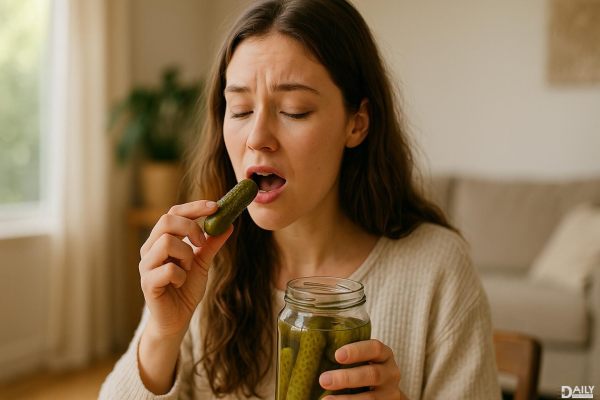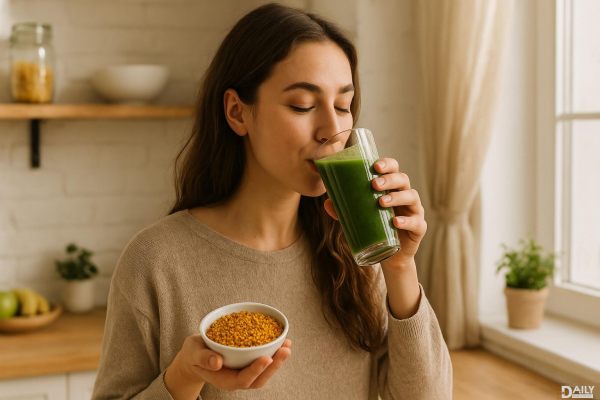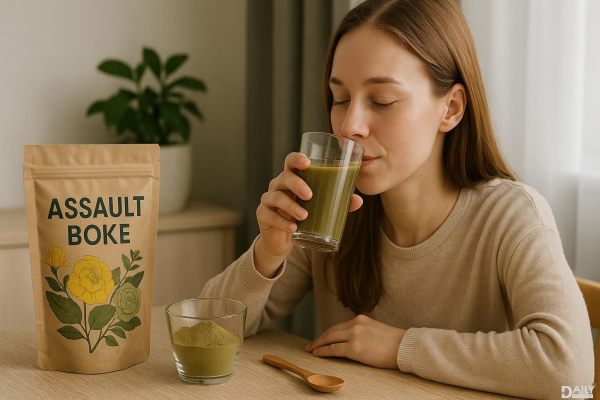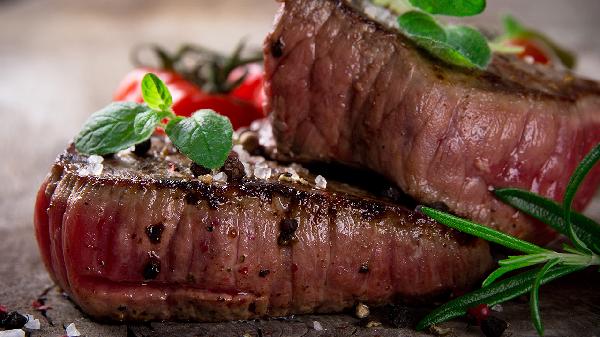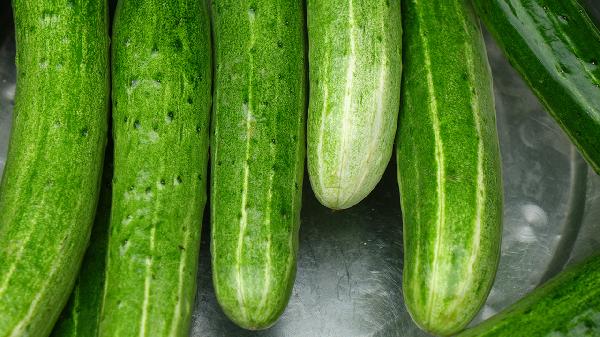So, you’re staring at a jar of pickles in the grocery store, and you see the word “kosher” slapped on the label. You might think, “Cool, these pickles are kosher-certified,” but here’s the kicker: not all kosher pickles are actually kosher in the religious sense. Confused yet? Don’t worry, we’re about to dive into the briny depths of what makes a pickle truly kosher, and trust me, it’s more than just a label.
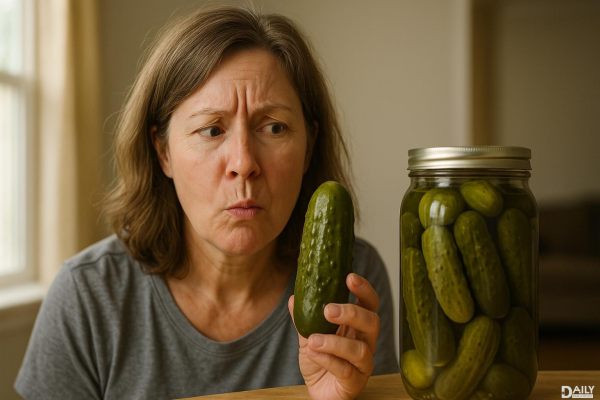
Let’s start with a little history lesson. The term “kosher” comes from Jewish dietary laws, known as kashrut, which dictate what foods are permissible to eat and how they should be prepared. But when it comes to pickles, the story gets a bit tangy. Kosher pickles originated in Eastern Europe, where Jewish communities perfected the art of fermenting cucumbers in brine. These pickles were made in accordance with kosher laws, meaning no non-kosher ingredients or equipment were used in the process. Fast forward to today, and the term “kosher pickle” has taken on a life of its own, often referring more to the style of pickle than its religious certification.
To be considered truly kosher, a pickle must adhere to a few key rules. First, the cucumbers themselves must be kosher, meaning they haven’t come into contact with any non-kosher substances. Second, the brine used for fermentation must be kosher, which typically includes water, salt, garlic, and dill. No vinegar or other non-kosher additives are allowed. Finally, the equipment used to make the pickles must be kosher as well, meaning it hasn’t been used to process non-kosher foods. If all these boxes are checked, you’ve got yourself a kosher pickle in the religious sense.
Here’s where things get a little murky. Many pickles labeled as “kosher” in the U.S. are actually “kosher style,” meaning they’re made in the traditional Eastern European way but aren’t necessarily certified kosher by a rabbinical authority. These pickles often use vinegar in the brine, which technically makes them non-kosher according to traditional Jewish law. So, if you’re looking for a pickle that’s kosher in the religious sense, you’ll want to look for a certification symbol, like a “OU” or “K,” on the label.
Fermentation is the secret sauce (or brine) that gives kosher pickles their distinctive tangy flavor. During fermentation, naturally occurring bacteria break down the sugars in the cucumbers, producing lactic acid, which acts as a natural preservative. This process not only gives the pickles their signature sour taste but also makes them a probiotic powerhouse, packed with gut-friendly bacteria. Traditional kosher pickles are fermented for several weeks, allowing the flavors to develop fully. In contrast, many commercial pickles are quick-pickled in vinegar, which skips the fermentation process altogether.
Kosher pickles have become a staple in American delis, often served alongside pastrami sandwiches and matzo ball soup. They’ve also made their way into pop culture, appearing in everything from classic cartoons to modern-day food blogs. The tangy, crunchy pickle has become a symbol of comfort food, evoking memories of childhood lunches and family gatherings. Whether you’re enjoying a kosher pickle at a New York deli or making your own at home, there’s no denying the cultural significance of this humble snack.
If you’re feeling adventurous, why not try making your own kosher pickles at home? All you need are some fresh cucumbers, kosher salt, garlic, dill, and a clean jar. Start by washing the cucumbers thoroughly and removing any blossoms. Then, pack them into the jar with the garlic and dill. Dissolve the kosher salt in water to make the brine, pour it over the cucumbers, and seal the jar. Let it sit at room temperature for a few days to kickstart the fermentation process, then transfer it to the fridge. In a couple of weeks, you’ll have your very own batch of tangy, crunchy kosher pickles.
Beyond their delicious flavor, kosher pickles offer a host of health benefits. Thanks to the fermentation process, they’re rich in probiotics, which can help improve gut health and boost your immune system. They’re also low in calories and fat, making them a guilt-free snack option. Plus, the vinegar in many kosher-style pickles can help regulate blood sugar levels and curb cravings. Just be mindful of the sodium content, as pickles can be quite salty. Moderation is key!
As the demand for artisanal and fermented foods continues to grow, kosher pickles are enjoying a bit of a renaissance. Small-batch producers are popping up across the country, offering everything from classic dill pickles to innovative flavors like spicy garlic and turmeric. At the same time, traditional kosher-certified pickles remain a staple in Jewish households and delis. Whether you’re a pickle purist or an adventurous eater, there’s never been a better time to explore the world of kosher pickles.
So, the next time you’re at the grocery store, take a closer look at that jar of pickles. Is it truly kosher, or just kosher style? Either way, you’re in for a tangy treat that’s steeped in history and flavor. Now, go forth and pickle responsibly!

